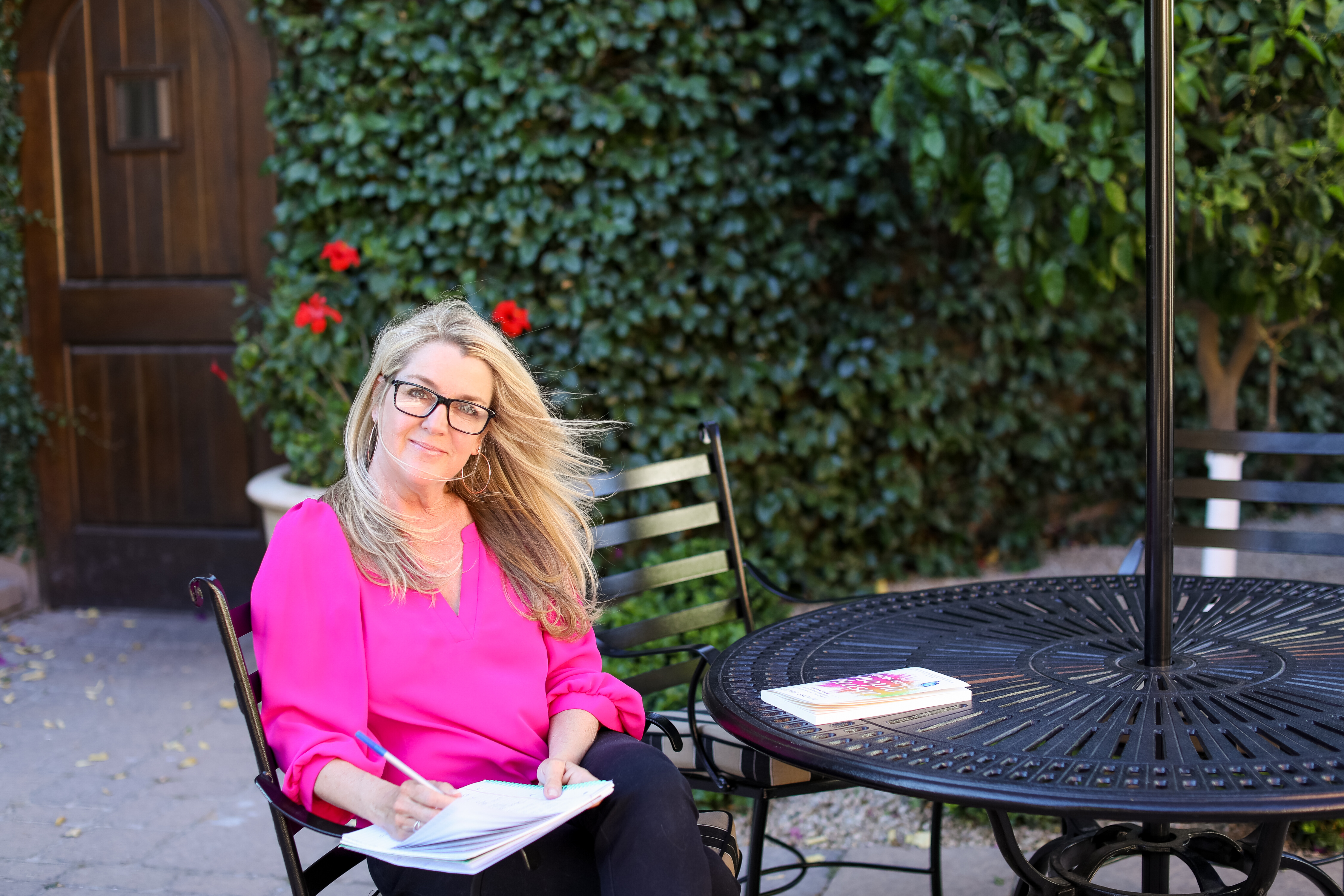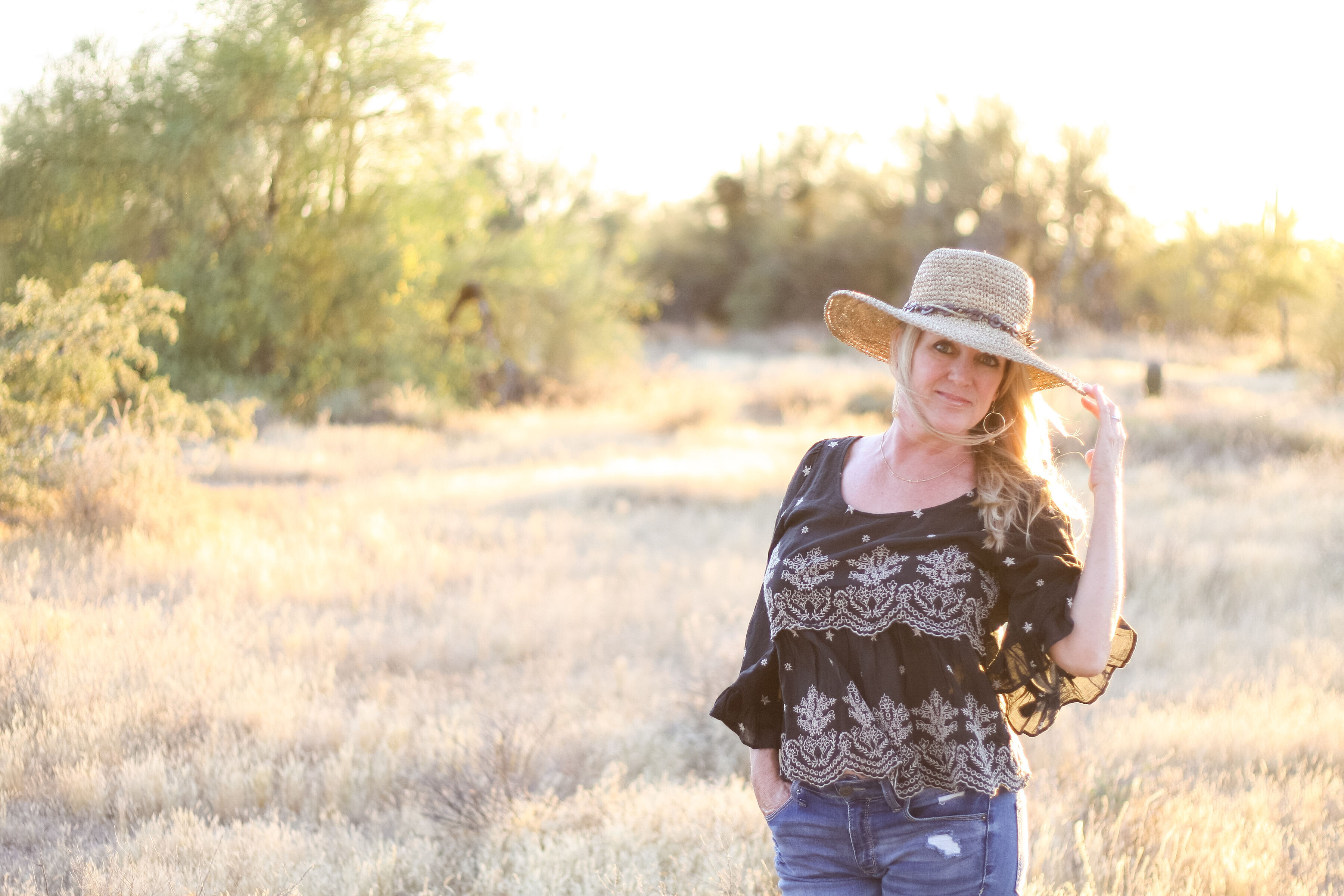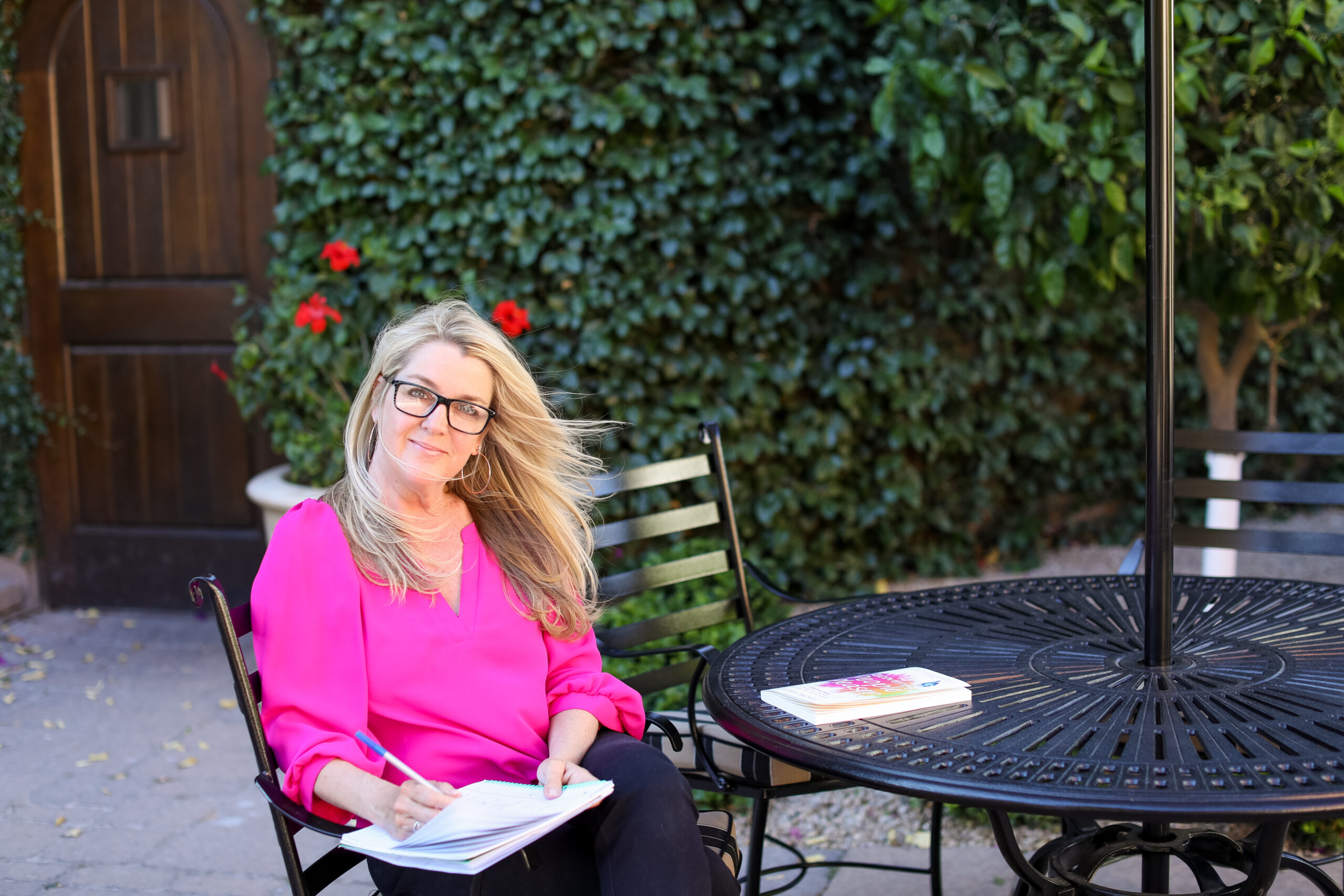In our journey towards personal growth and self-discovery, one area that often requires attention is the establishment and maintenance of healthy boundaries. This is especially true for individuals who are recovering from people-pleasing behavior. As a recovering people pleaser, it’s important to prioritize self-care and protect your well-being by setting boundaries that promote healthy relationships and protect your own needs and desires. In this article, we will explore tips and strategies for maintaining healthy boundaries as a recovering people pleaser.
Why Should You Maintain Healthy Boundaries?
Maintaining healthy boundaries is crucial for your overall well-being and personal growth. Here are a few reasons why establishing and upholding boundaries is important:
- Self-Care: Setting and maintaining boundaries allows you to prioritize your own needs and self-care. It ensures that you have enough time and energy to focus on your well-being.
- Authenticity: Boundaries help you maintain your authenticity by allowing you to express your true thoughts, feelings, and desires without fear of judgment or rejection.
- Respect: Healthy boundaries promote mutual respect in relationships. By clearly communicating your boundaries, you teach others how to treat you and establish a foundation of respect.
- Emotional Health: Boundaries protect your emotional well-being by preventing others from crossing your limits and causing unnecessary stress, anxiety, or resentment.
- Healthy Relationships: Setting boundaries helps create healthier and more balanced relationships. It allows you to cultivate relationships based on mutual respect, trust, and open communication.
1. Identify Your Boundaries
The first step in establishing healthy boundaries is identifying what is acceptable and unacceptable to you. Reflect on your values, needs, and limits, and make a list of the boundaries you want to set in various areas of your life such as relationships, work, and personal time.
2. Communicate Clearly
Effective communication is key to maintaining healthy boundaries. Clearly and assertively communicate your boundaries to others, expressing your needs and expectations. Use “I” statements to express how certain behaviors or actions make you feel and discuss alternatives that are more aligned with your boundaries.
3. Practice Self-Care
Self-care is essential when it comes to maintaining healthy boundaries. Prioritize your well-being by setting aside time for activities that nourish your mind, body, and soul. This can include practicing self-reflection, engaging in hobbies, exercising, or seeking support from a therapist or support group.
4. Learn to Say “No”
As a recovering people pleaser, saying “no” can be challenging. However, it is crucial to learn to say no when something does not align with your boundaries or priorities. Remember that saying “no” is not selfish but rather a way to protect your own well-being and honor your boundaries.
5. Set Realistic Expectations
Setting realistic expectations for yourself and others is important for maintaining healthy boundaries. Avoid overcommitting or taking on more responsibilities than you can handle. Be honest with yourself and others about what you can truly manage, and learn to delegate or ask for help when needed.
6. Practice Self-Reflection
Regularly engage in self-reflection to assess and adjust your boundaries as needed. Check in with yourself to see if your boundaries are still serving you and if any adjustments or additions need to be made. Remember that boundaries are not set in stone and can evolve as you grow and change.
7. Seek Support
Recovering from people-pleasing behavior and maintaining healthy boundaries can be challenging. Seek support from a therapist, counselor, or support group to help you navigate this journey. Surrounding yourself with individuals who understand and support your growth can provide valuable insights and encouragement.
Establishing and maintaining healthy boundaries is an essential aspect of personal growth and recovery as a people pleaser. By prioritizing self-care, communicating clearly, and practicing self-reflection, you can create healthier relationships and protect your own well-being. Remember, setting boundaries is not selfish but rather an act of self-love and respect. Trust yourself and your instincts as you navigate this transformative journey.
“Healthy boundaries are self-love in action.” – Kristen Brown, Spiritual and Empowerment Author and Mentor
Relevant Links:
How can I start setting boundaries as a recovering people pleaser?
How do healthy boundaries contribute to maintaining relationships?

The Impact of Codependency on Relationships
Codependency is a complex issue that can have a significant impact on relationships. It often involves an unhealthy reliance on others for approval, validation, and a sense of self-worth. Individuals struggling with codependency may prioritize others’ needs and emotions over their own, leading to a lack of boundaries and an imbalance in relationships.
In a codependent relationship, one person may be enmeshed with their partner, feeling responsible for their emotions, actions, and overall well-being. This can lead to a cycle of enabling, rescuing, and sacrificing one’s own needs for the sake of the other person.
The Importance of Cultivating Self-Worth
One of the key aspects of codependency recovery is learning to cultivate self-worth. This involves recognizing and valuing one’s own inherent worth, independent of external validation or the opinions of others.
Cultivating self-worth requires a deep understanding and acceptance of oneself. It involves developing self-compassion, practicing self-care, and embracing one’s strengths and weaknesses. By prioritizing self-worth, individuals can break free from the cycle of seeking validation and approval from others, and instead, find fulfillment from within.
Embracing Boundaries for Healthy Relationships
Boundaries play a crucial role in healthy relationships and codependency recovery. They define the limits of what is acceptable and permissible in a relationship, ensuring that each individual’s needs and emotions are respected and honored.
Setting and maintaining boundaries requires clear communication and assertiveness. It involves expressing one’s needs, wants, and limits while also considering the needs of the other person. Boundaries act as a safeguard, preventing individuals from being taken advantage of or losing their sense of self in a relationship.
Building Healthy Relationships through Codependency Recovery
Codependency recovery is a journey of self-discovery and personal growth. It requires individuals to prioritize their mental and emotional well-being, to develop resilience, and to embrace authentic self-love.
By cultivating self-worth and embracing boundaries, individuals can establish healthy and balanced relationships based on mutual respect, trust, and emotional support. They can break free from codependent patterns and create a space for personal growth, fulfillment, and emotional freedom.
Expert Support and Resources
Kristen Brown, Spiritual and Empowerment Author and Mentor, provides valuable support and guidance for individuals on their codependency recovery journey. Through her books, coaching programs, and online resources, she offers practical tools and insights to help individuals cultivate self-worth, set boundaries, and build healthy relationships.
For more information on Kristen Brown’s work and to access her resources, visit her website.
- Kristen Brown
- Work with Kristen Brown
- Finding Your Soulmate
- Kristen Brown’s Story
- Get in Touch with Kristen Brown
- Kristen Brown’s Books
- Additional Resources
Relevant Quotes from Kristen Brown
“It’s not people touching our buttons that’s the problem; it’s that we have them to touch.”
“Shame and unworthiness are the dis-ease and self-love is the miracle cure.”
“We are the elite guardians of our minds, bodies and spirits. It is our duty to become our own best friends, advocates, and protectors.”
“Self-love is not selfish. It is necessary to move from surviving to thriving.”
“Boundaries are designed to protect and support our sacred selves.”
“Healthy boundaries are self-love in action.”
“Healthy boundaries are an organic response to self-worth.”
“Anything rooted in Love is always right – even when it’s love of self!”
“A well-set boundary gives the other person an opportunity to discover and heal disowned aspects of themselves.”
“It is up to us to love ourselves well and make solid decisions that support our well-being and the well-being of those dependent on us.”
“Being excellent guardians of our mental and emotional health will require doing hard things.”
“Surrender is not giving up on a situation – it is giving it over. It is not ‘thinking’ our way through life, but acting from divine inspiration.”
How can codependency affect relationships?
What is the importance of cultivating self-worth in codependency recovery?
Note: Only one quote from Kristen Brown’s book “The Recovering People Pleaser” is included in this article. For more insightful quotes and guidance, refer to Kristen Brown’s books and resources.

Introduction
In relationships, it’s natural to want to give and love unconditionally. However, when this desire becomes excessive and one-sided, it can result in codependency. Codependency is an unhealthy relationship dynamic where one person gives too much, loses their sense of self, and becomes overly reliant on their partner’s approval and validation. Codependency can lead to emotional exhaustion, resentment, and an imbalance in the relationship.
In this article, we will explore the concept of codependency, its effects on relationships, and the key to codependency recovery. By establishing healthy boundaries and practicing self-love, individuals can break free from codependency and cultivate balanced, fulfilling relationships.
The Understanding Codependency
The Definition of Codependency
Codependency can be defined as a psychological condition where individuals prioritize the needs and desires of others over their own. They may feel a strong need to be needed and have an excessive desire for validation and approval. This can lead to a cycle of seeking approval, sacrificing their own happiness, and enabling problematic behavior in their partner or loved ones.
Signs and Symptoms of Codependency
Recognizing the signs and symptoms of codependency is essential in the journey towards recovery. Some common signs of codependency include:
- Excessive people-pleasing and difficulty saying no
- Frequent anxiety or fear of abandonment
- Low self-esteem and self-worth tied to the approval of others
- An inability to establish and maintain healthy boundaries
- An intense need for control and a fear of being controlled
- Enabling behaviors, such as enabling addiction or unhealthy patterns
- Difficulty expressing emotions and needs
The Effects of Codependency on Relationships
Codependency can have a detrimental effect on relationships. The imbalance in giving and receiving can lead to resentment, emotional exhaustion, and a lack of personal fulfillment. Codependent relationships often lack boundaries, leading to an unhealthy cycle of dependency and enabling. This can result in both parties feeling trapped and unable to grow and thrive as individuals.
The Key to Codependency Recovery: Establishing Healthy Boundaries
To recover from codependency and establish healthier relationship dynamics, it is crucial to learn how to set and maintain healthy boundaries. Boundaries are guidelines and limits that individuals set to protect their well-being, honor their needs, and maintain healthy relationships.
Recognizing the Need for Boundaries
One of the first steps in codependency recovery is recognizing the need for boundaries. This involves acknowledging unhealthy patterns, identifying areas where personal boundaries have been crossed, and understanding the impact of these violations on emotional well-being.
Setting Boundaries
Setting boundaries involves clearly communicating one’s needs, desires, and limits to others. It requires asserting oneself and establishing what is acceptable and what is not. Setting boundaries can be uncomfortable, particularly for those who are used to prioritizing others over themselves. However, it is an essential step towards establishing healthier relationships.
Maintaining Boundaries
Maintaining boundaries requires consistency and commitment. It involves standing firm in one’s boundaries even when faced with resistance or pushback from others. It may also involve learning to navigate feelings of guilt or fear of abandonment that can arise when asserting boundaries.
The Power of Self-Love in Codependency Recovery
Alongside establishing boundaries, self-love plays a crucial role in codependency recovery. Self-love involves nurturing and prioritizing one’s own well-being, happiness, and personal growth. It requires embracing self-compassion, self-acceptance, and recognizing one’s own worth.
By practicing self-love, individuals can break free from the cycle of seeking external validation and learn to fulfill their own needs. This empowers individuals to enter into relationships from a place of wholeness and authenticity.
Conclusion
Codependency recovery is a journey of self-discovery, self-empowerment, and self-love. By establishing healthy boundaries and prioritizing one’s own well-being, individuals can break free from codependent patterns and cultivate balanced, fulfilling relationships.
Can codependency be overcome?
How can I practice self-love?
Quote from Kristen Brown:
“Self-love is not selfish. It is necessary to move from surviving to thriving.” – Kristen Brown, Spiritual and Empowerment Author and Mentor
For more guidance on codependency recovery and establishing healthy relationships, visit Kristen Brown’s website.
: Codependency Recovery: Cultivating Self-Worth and Embracing Boundaries

Codependency Recovery: Cultivating Self-Worth and Embracing Boundaries
More about Do You Give or Love too Much in Relationships Codependency Recovery: Must Read
Love Too Much in Relationships: Breaking the Chains: The Path to Codependency Recovery and True Freedom
Codependency Recovery: Cultivating Self-Worth and Embracing Boundaries
2023 Kristen Brown, Spiritual and Empowerment Author and Mentor – Do You Give or Love too Much in Relationships Codependency Recovery All Rights Reserved.
[meta.author=Kristen Brown]
